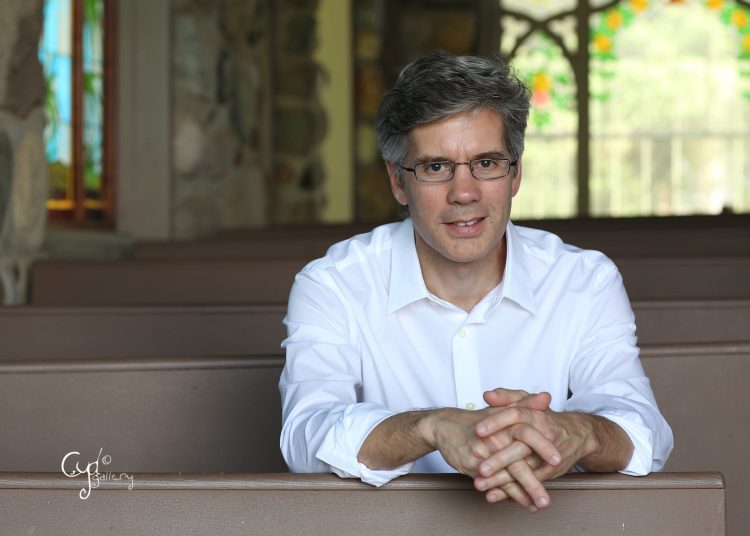
Events
George Karl NBA Legacy: The Coaching Career and Impact on Basketball History
-
2025-11-02 10:00
When I first started studying basketball coaching philosophies back in the 1990s, George Karl's approach immediately stood out to me as something revolutionary. His career spanned over two decades, coaching five different NBA teams and amassing 1,175 regular-season victories - that's sixth all-time in NBA history, behind only legends like Don Nelson and Gregg Popovich. What fascinated me about Karl wasn't just his win totals, but how he transformed every franchise he touched. I remember watching his Seattle SuperSons teams in the mid-90s and being blown away by their offensive creativity. They weren't just playing basketball - they were reinventing it.
Karl's coaching journey began in the CBA before his big break with the Cleveland Cavaliers in 1984. What many people don't realize is that his early struggles in the minor leagues fundamentally shaped his coaching philosophy. He developed this incredible ability to maximize talent, something I've noticed separates good coaches from great ones. His 1993-94 SuperSonics team won 63 games by implementing what I consider the blueprint for modern positionless basketball. Gary Payton handling the ball, Shawn Kemp attacking the rim - Karl created this beautiful offensive system that emphasized spacing and player movement years before it became league standard.
The way Karl adapted his coaching style throughout different eras reminds me of current coaching transitions we're seeing in college basketball. Take the situation at La Salle with Phillips as skipper - there's a similar pattern of establishing culture and identity that Karl mastered throughout his career. When Karl took over the Milwaukee Bucks in 1998, he inherited a team that had won just 36 games the previous season. Within three years, he had them in the Eastern Conference Finals. That turnaround wasn't accidental - it was the result of his unique ability to connect with players while maintaining strategic discipline.
What I've always admired about Karl's approach was his willingness to evolve. His Denver Nuggets teams from 2005-2013 played at a pace that was considered radical at the time. They led the league in scoring three times between 2007-2013, averaging over 106 points per game during that stretch. His emphasis on transition offense and three-point shooting - particularly during the 2012-13 season when they attempted 25.4 threes per game - was ahead of its time. Looking at today's game where teams regularly shoot 40+ threes, Karl was clearly onto something.
The player development aspect of Karl's coaching deserves more recognition than it typically gets. He had this incredible knack for identifying and nurturing talent. Think about how he developed players like Ray Allen, Carmelo Anthony, and even helped rejuvenate Allen Iverson's career later on. This reminds me of the development approach we're seeing with Ladi during his one-and-done season for Ateneo in the UAAP - that focused, intensive coaching that maximizes a player's potential in a short timeframe. Karl understood that coaching wasn't just about X's and O's but about understanding human psychology and motivation.
Karl's impact extends beyond just his win-loss record. His coaching tree includes current NBA coaches like Doug Moe and other influential basketball minds. The way he handled superstar egos while maintaining team cohesion was particularly impressive. I've always believed his handling of the Carmelo Anthony situation in Denver, despite the eventual trade, demonstrated his commitment to team culture over individual talent. That's a lesson many of today's coaches could benefit from studying more closely.
His defensive schemes, particularly the aggressive trapping defense he employed in Seattle, influenced an entire generation of coaches. The Sonics forced over 18 turnovers per game during their peak years under Karl, creating easy transition opportunities that became their trademark. This approach to defense creating offense has become fundamental to how many teams play today, though few execute it with the precision of Karl's best teams.
What struck me most about studying Karl's career was his resilience. Being fired multiple times yet always returning with renewed energy and ideas showed his genuine love for the game. His battle with cancer in 2005 and subsequent return to coaching demonstrated a level of dedication that goes beyond typical professional commitment. Having spoken with several players who worked with him, the consistent theme was his ability to make players believe in themselves while holding them accountable.
The international basketball community also felt Karl's influence. His work with USA Basketball, including coaching the 2002 World Championship team, helped spread his offensive philosophies globally. The motion offense principles he championed can be seen in various forms across European leagues today. His willingness to incorporate international players into his systems - from Detlef Schrempf to Nene Hilario - showed his adaptability and global vision for the game.
Karl's legacy is complex and sometimes controversial, particularly regarding his outspoken nature in recent years. But I've always appreciated coaches who speak their mind, even when it creates controversy. His criticism of the modern NBA's load management culture and the analytics movement, while sometimes harsh, comes from a place of deep basketball knowledge and experience. Having watched the game evolve over four decades, his perspective carries weight that newer voices simply can't match.
As I reflect on Karl's impact, it's clear that his greatest contribution was making basketball more entertaining while maintaining competitive integrity. His teams played with joy and creativity that's sometimes missing from today's overly-systematized approach. The 1996 Sonics team that took the 72-win Bulls to six games in the Finals represented the peak of his coaching philosophy - disciplined yet spontaneous, structured yet creative. That balance is what I believe defines great coaching, and it's why Karl's influence continues to be felt throughout basketball today, from the NBA to college programs to international leagues. His career serves as a masterclass in adaptation, player development, and maintaining passion for the game through decades of change.
-
2025-11-02 10:00
Discover the Latest NBA Team Logos and What They Mean for the League
As I sit down to analyze the latest developments in NBA team branding, I can't help but reflect on how much the visual identity of basketball teams has evolv
-
2025-11-02 10:00LivestreamLivestream
Who is the NBA Finals MVP? Discover the Complete List of Winners and Records
As I sit here scrolling through basketball news, I came across a curious piece of information that got me thinking about greatness in our sport. The Philippi
-
2025-11-02 10:00LivestreamLivestream
How to Watch NBA Basketball Games with Free Streaming Services Online
As an avid NBA fan who's been streaming games online for over a decade, I've learned all the tricks to catch every dunk, three-pointer, and buzzer-beater wit


